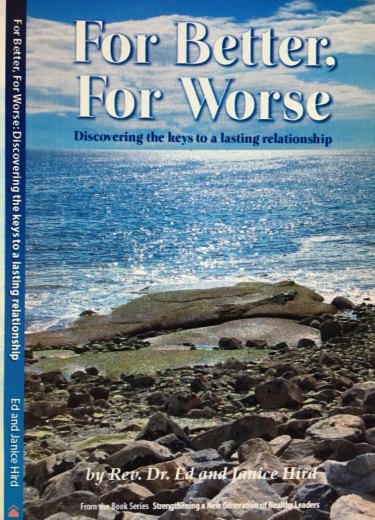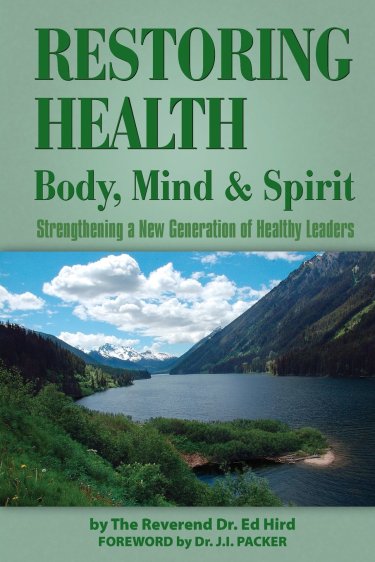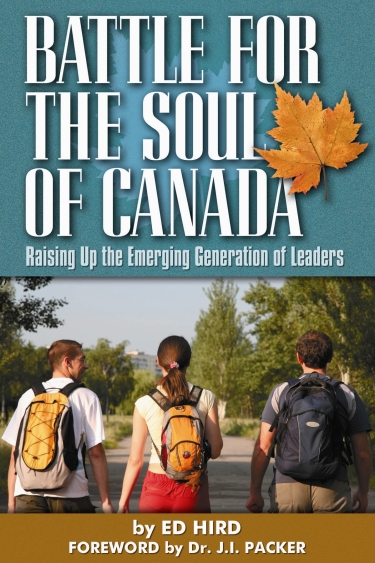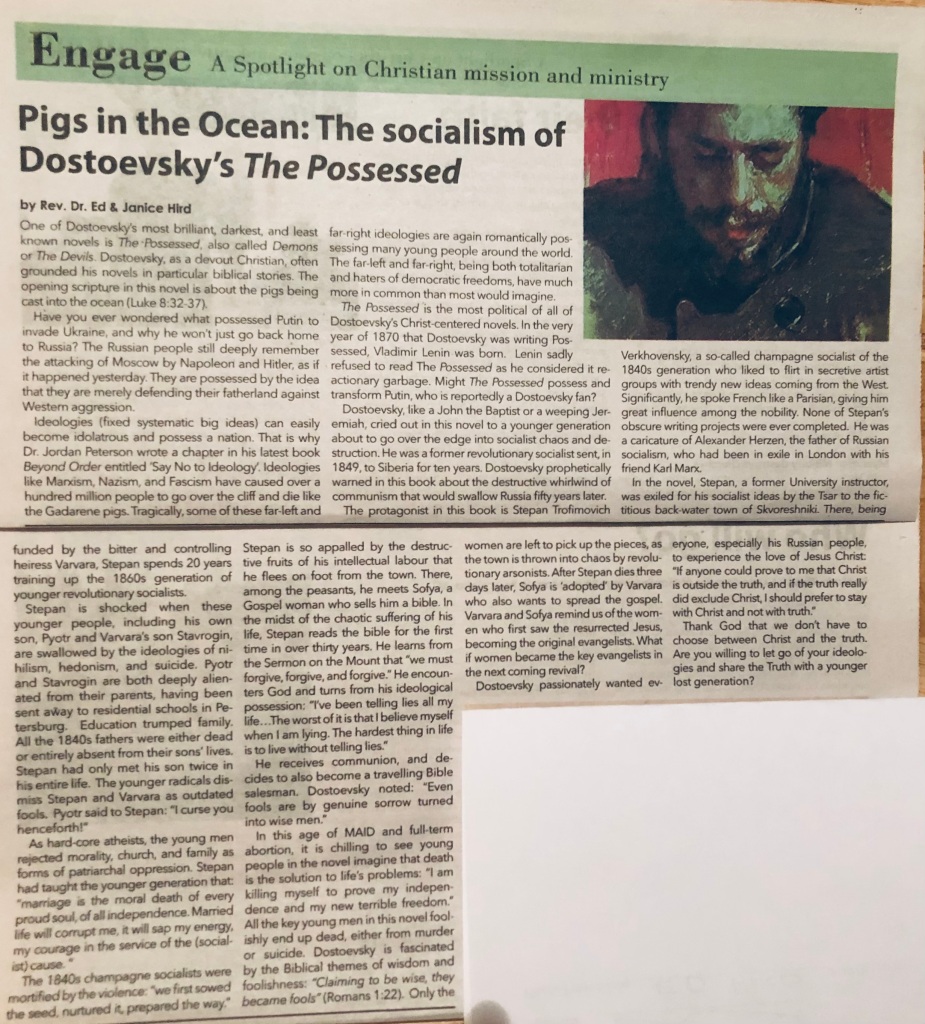
By Rev. Dr. Ed & Janice Hird
-an article for the March 2023 Light Magazine
One of Dostoevsky’s most brilliant, darkest and least known novels is The Possessed, also called Demons or The Devils. Dostoevsky, as a devout Christian, often grounded his novels in particular biblical stories. The opening scripture in this novel is about the pigs being cast into the ocean (Luke 8:32-37).
Have you ever wondered what possessed Putin to invade Ukraine, and why he won’t just go back home to Russia? The Russian people still deeply remember the attacking of Moscow by Napoleon and Hitler, as if it happened yesterday. They are possessed by the idea that they are merely defending their fatherland against Western aggression.
Ideologies (fixed systematic big ideas) can easily become idolatrous and possess a nation. That is why Dr. Jordan Peterson wrote a chapter in his latest book Beyond Order entitled “Say No to Ideology”. Ideologies like Marxism, Nazism, and Fascism have caused over a hundred million people to go over the cliff and die like the Gadarene pigs. Tragically, some of these far-left and far-right ideologies are again romantically possessing many young people around the world. The far-left and far-right, being both totalitarian and haters of democratic freedoms, have much more in common than most would imagine.
The Possessed is the most political of all of his Christ-centered novels. In the very year of 1870 that Dostoevsky was writing Possessed, Vladimir Lenin was born. Lenin sadly refused to read Possessed as he considered it reactionary garbage. Might the Possessed possess and transform Putin, who is reportedly a Dostoevsky fan?
Dostoevsky, like a John the Baptist or a weeping Jeremiah, cried out in this novel to a younger generation about to go over the edge into socialist chaos and destruction. He was a former revolutionary socialist sent in 1849 to Siberia for ten years. Dostoevsky prophetically warned in this book about the destructive whirlwind of communism that would swallow Russia fifty years later.
The protagonist in this book is Stepan Trofimovich Verkhovensky, a so-called champagne socialist of the 1840s generation who liked to flirt in secretive artist groups with trendy new ideas coming from the West. Significantly, he spoke French like a Parisian, giving him great influence among the nobility. None of Stepan’s obscure writing projects were ever completed. He was a caricature of Alexander Herzen, the father of Russian socialism, who had been in exile in London with his friend Karl Marx.
In the novel, Stepan, a former University instructor, was exiled for his socialist ideas by the Tsar to the fictitious back-water town of Skvoreshniki. There, being funded by the bitter and controlling heiress Varvara, Stepan spends twenty years training up the 1860s generation of younger revolutionary socialists.
Stepan is shocked when these younger people, including his own son, Pyotr and Varvara’s son Stavrogin, are swallowed by the ideologies of nihilism, hedonism, and suicide. Pyotr and Stavrogin are both deeply alienated from their parents, having being sent away to residential schools in Petersburg. Education trumped family. All the 1840s fathers were either dead or entirely absent from their sons’ lives. Stepan had only met his son twice in his entire life. The younger radicals dismiss Stepan and Varvara as outdated fools. Pyotr said to his father Stepan: “I curse you henceforth!”
As hard-core atheists, the young men rejected morality, church, and family as forms of patriarchal oppression. Stepan had taught the younger generation that:
marriage is the moral death of every proud soul, of all independence. Married life will corrupt me, it will sap my energy, my courage in the service of the (socialist) cause.
The 1840s champagne socialists were mortified by the violence: “we first sowed the seed, nurtured it, prepared the way.” Stepan is so appalled by the destructive fruits of his intellectual labour that he flees on foot from the town. There, among the peasants, he meets Sofya, a Gospel woman who sells him a bible. In the midst of the chaotic suffering of his life, Stepan reads the bible for the first time in over thirty years. He learns from the Sermon on the Mount that “we must forgive, forgive, and forgive.” He encounters God and turns from his ideological possession:
I’ve been telling lies all my life…The worst of it is that I believe myself when I am lying. The hardest thing in life is to live without telling lies.
He receives communion, and decides to also become a travelling bible salesman. Dostoevsky noted: “Even fools are by genuine sorrow turned into wise men.”
In this age of MAID and full-term abortion, it is chilling to see young people in the novel imagine that death is the solution to life’s problems: “I am killing myself to prove my independence and my new terrible freedom.” All the key young men in this novel foolishly end up dead, either from murder or suicide. Dostoevsky is fascinated by the biblical themes of wisdom and foolishness: “Claiming to be wise, they became fools” (Romans 1:22). Only the women are left to pick up the pieces, as the town is thrown into chaos by revolutionary arsonists.
After Stepan dies three days later, Sofya is ‘adopted’ by Varvara who also wants to spread the gospel. Varvara and Sofya remind us of the women who first saw the resurrected Jesus, becoming the original evangelists. What if women became the key evangelists in the next coming revival?
Dostoevsky passionately wanted everyone, especially his Russian people, to experience the love of Jesus Christ:
If anyone could prove to me that Christ is outside the truth, and if the truth really did exclude Christ, I should prefer to stay with Christ and not with truth.
Thank God that we don’t have to choose between Christ and the truth. Are you willing to let go of your ideologies and share the Truth with a younger lost generation?
Rev. Dr. Ed & Janice Hird
Co-authors, God’s Firestarters






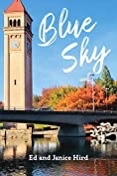 Sandy Brown and her family have just moved to Spokane, Washington where her husband, Scott, is pastoring a new church. With a fresh start, Sandy is determined to devote more time to her four children. But, within weeks of settling in their new life, the Brown family is plunged into turmoil.
Sandy Brown and her family have just moved to Spokane, Washington where her husband, Scott, is pastoring a new church. With a fresh start, Sandy is determined to devote more time to her four children. But, within weeks of settling in their new life, the Brown family is plunged into turmoil.